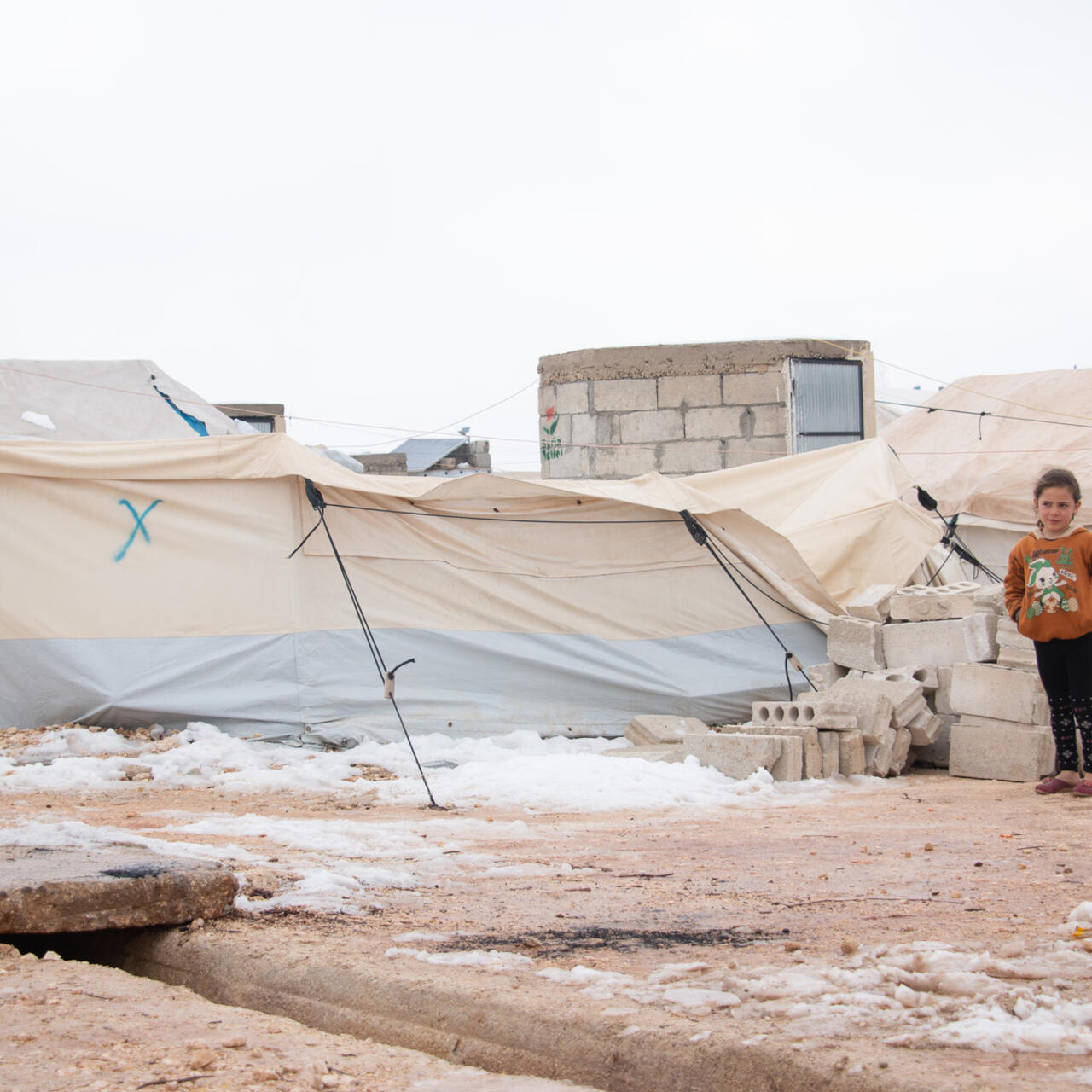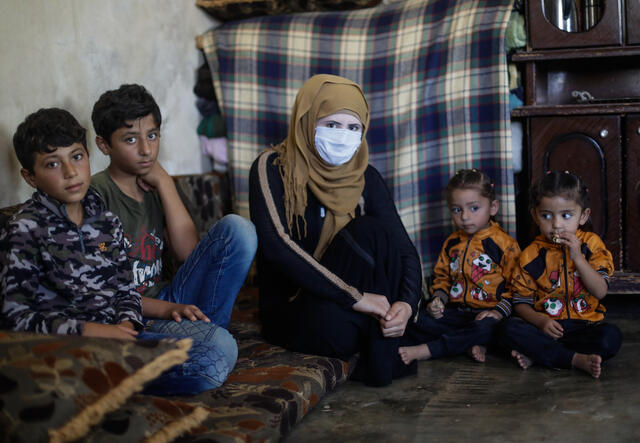
Crisis in Syria: Prolonged war combines with natural disaster
Over a decade of conflict has made Syria one of the world’s worst humanitarian crises. A recent 7.8 earthquake has devastated communities even further.

Over a decade of conflict has made Syria one of the world’s worst humanitarian crises. A recent 7.8 earthquake has devastated communities even further.
Update: On February 6, one of the deadliest earthquakes this century, followed by hundreds of aftershocks, hit the Turkish-Syrian border, adding to a litany of devastation in Syria. Read below to learn why this was one of the worst places in the world for the disaster to hit.
The ongoing war in Syria has destroyed the country’s health system and created a severe economic collapse. Though conflict levels in Syria were lower in 2022 than at the peak of the war, fighting has been escalating since late 2021 and shows no signs of ending.
The crisis in neighboring Lebanon, as well as regional and global economic shocks, have depreciated the value of the Syrian pound. This has increased the cost of food and contributed to the dismantling of Syria’s health system, which has been strained by a cholera outbreak.
The future of the UN-supported cross-border aid mechanism remains in jeopardy and a failure to provide a reliable pathway for aid could devastate the humanitarian response in the country.
Despite a ceasefire in the northwest, there has been an increase in airstrikes and shelling since the start of 2022, and civilians continue to be the most impacted by the conflict. Further escalations could force more people, including those that have been previously displaced, to flee their homes once again.
In November, strikes hit several camps hosting internally displaced people, wounded 27 civilians and killed at least seven, including four children. The potential onset of Turkish military operations in northeast Syria may increase humanitarian need and the number of people forcibly displaced in the region.
Syria is facing a severe economic crisis that has forced 90% of the country’s population below the poverty line. Over 75% of Syrians cannot meet their basic needs and rising food prices have made it increasingly difficult for families to make ends meet. The Syrian Pound also lost 25% of its value in 2022, increasing the prices of commodities, imported food and exacerbating the crisis.

More than a decade of conflict and some direct attacks have left a third of all hospitals and nearly half of all primary healthcare centers non-operational. The war has also damaged Syria’s water infrastructure, forcing 47% of the population to rely on unregulated and often unsafe sources of water. These conditions have allowed a cholera outbreak to rapidly spread since it was first detected in August 2022, reaching 46,000 suspected cases by November 2022. The outbreak will strain health services making it more difficult for Syrians to access appropriate health care in 2023.
Since 2014, the UN Security Council (UNSC) has allowed UN agencies to deliver aid from neighboring countries into Syria, providing critical coordination and supplies for humanitarian organizations like the IRC. However, a disagreement among members of the UNSC is putting the reliable delivery of aid to 2.4 million people in northwest Syria at risk. In July 2022, the UNSC agreed to only extend the opening of a single humanitarian border crossing for a period of six months, extending for a further six months in January 2023.
With over 15 million Syrians in need of humanitarian assistance, the one remaining crossing point is insufficient to meet needs. The UN Security Council should urgently expand authorization for the UN to cross into NW Syria through additional crossings. Meanwhile, the international community also must fund the Syria response to ensure levels of aid meet newly skyrocketing needs.
The IRC has been working in Syria since 2012, responding to needs in the country’s northwest and northeast. The IRC promotes economic recovery with job training, apprenticeships and small business support. Our teams support early childhood development and provide counseling and protection services for women and children, particularly for survivors of violence.
We support health facilities and mobile health teams with critical trauma services and primary, reproductive and mental health services. Our cholera response includes the provision of essential supplies for cholera prevention, control and treatment; training of clinical staff and community health workers on case detection, management and referral; as well as health education and hygiene awareness through house-to-house visits. We also support Syrian refugees in neighboring countries.
Update: In response to the recent earthquake we have launched an integrated response to affected populations across both Turkey and Syria. This includes the provision of immediate cash, basic items, such as blankets and towels, and hygiene supplies like soap, toothbrushes and feminine products. We will support essential health services in earthquake affected areas, and set up safe spaces for affected women and children.
Learn more about the IRC’s Syria response.
Read more about the top 10 crises the world can’t ignore in 2023, learn how the IRC predicts which countries will face a worsening humanitarian crisis and download the full 2023 Emergency Watchlist report for profiles of all 20 crisis countries on the IRC's list.
Donate now to support the IRC's life-changing work in Syria and worldwide. We are on the frontlines providing critical aid to crisis-affected people in more than 40 countries, including places on the 2023 Emergency Watchlist.
*Name changed to protect safety